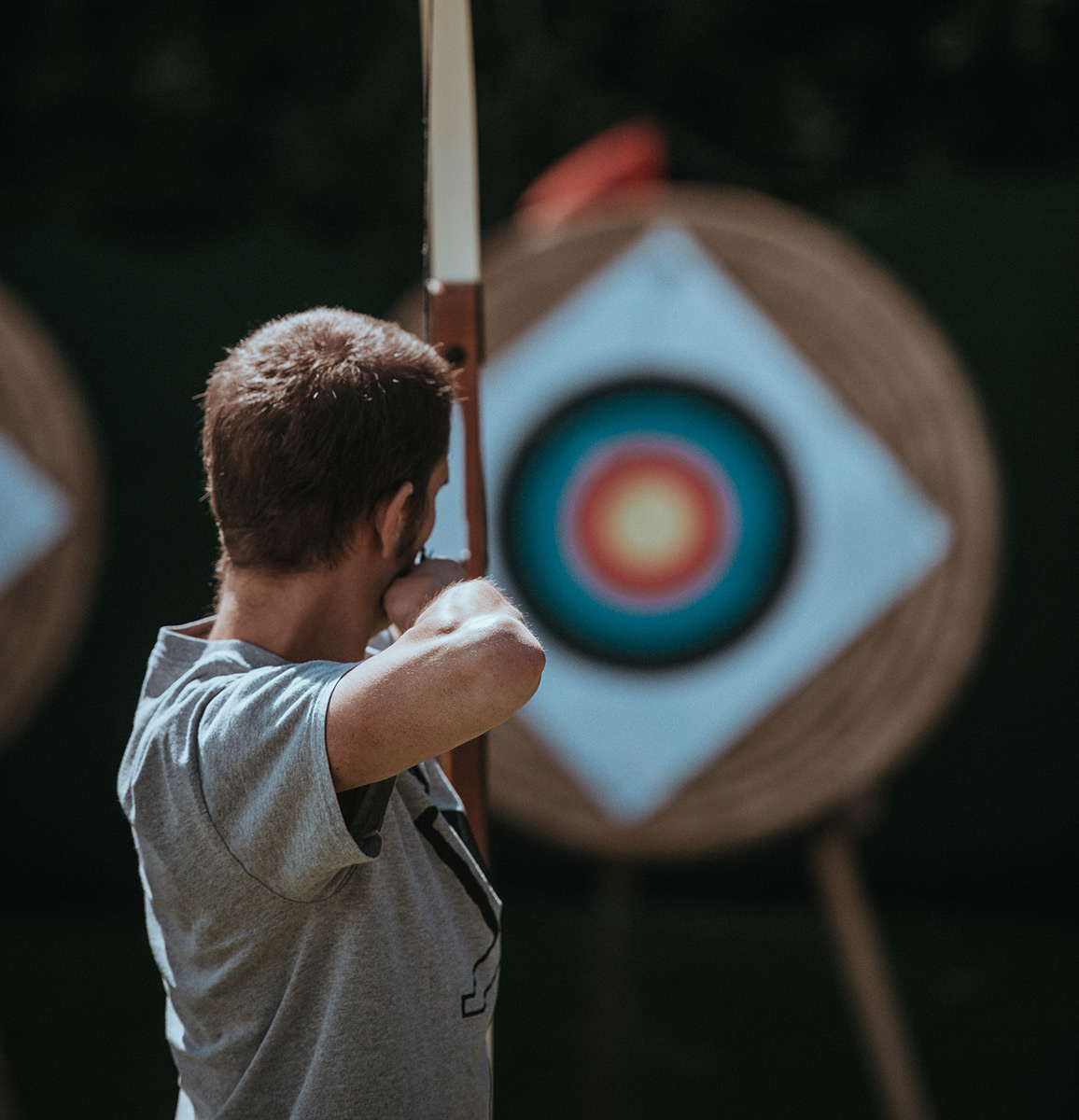

Rites of Passage
“When a child is twelve, he is ready for the adolescent experience, and that means the explosion of physical aptitudes and emotional responses to them – the call to dangerous adventure.”
John Senior, The Restoration of Christian Culture

Boys Need Adventure.
Boys learn through contact with the physical world in adventures.
Boys acquire wisdom not only through the study of the past, but also through intense experiences of the True, the Good, and the Beautiful. Boys need adventure – which is why so many have run off to join the navy, or taken up with a circus, or galloped away with a troop of cowboys. They thrive in difficult situations. They come alive when there is something on the line.
Adventures Built into the Schedule
After their morning chores, classes, and a lot of good food, the boys at St. Dunstan’s will don their uniforms and head to the fields for feats of athletic prowess— either soccer, or rugby, or a run through the school’s obstacle course.
“Mens sana in corpore sana,” a sound mind in a sound body, was the ancient ideal, and the day will include plenty of gymnastic education, which boys crave, and which will connect their bodies and souls more fully to what they study. There will be daily intramural competition for boys to throw themselves into joyously and headlong, picking up bruises and badges of honor in the company of the platoon.
Whether finding their way back home through the woods, trying to build a table with their own hands, setting out to learn 100 songs by heart, throwing their bodies headlong into action on the sports field, or trying to recite a 120 line poem from memory, boys do well when challenged. The challenges need to be real challenges, not something artificial made for a lesson plan alone. And the boys need to know they might fail. The trials we call boys into shape the tastes and habits they will have as men, and we should call them to practice as many good and difficult things in their formative years as we can.

